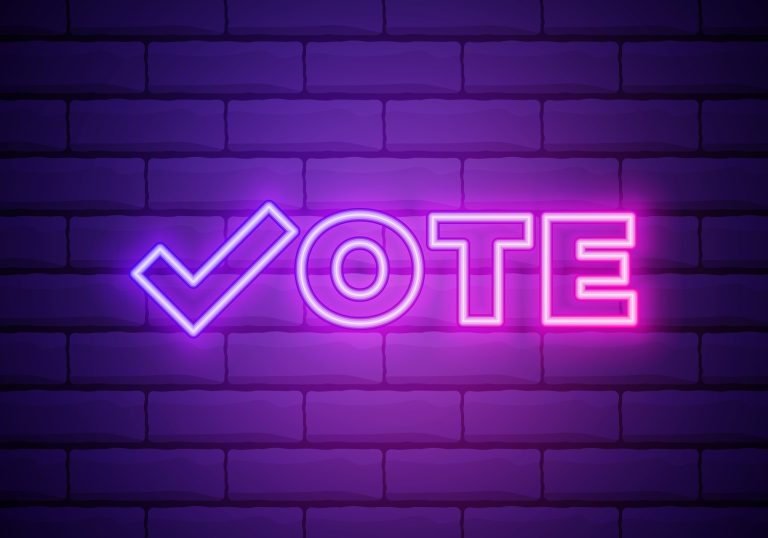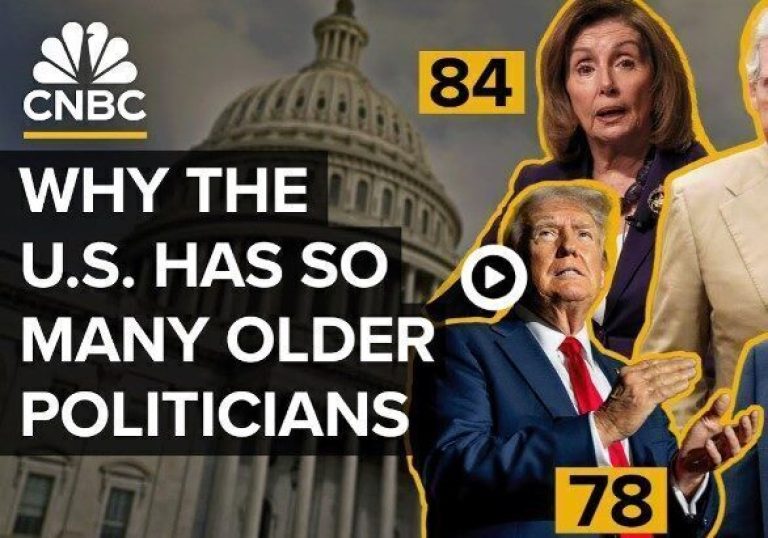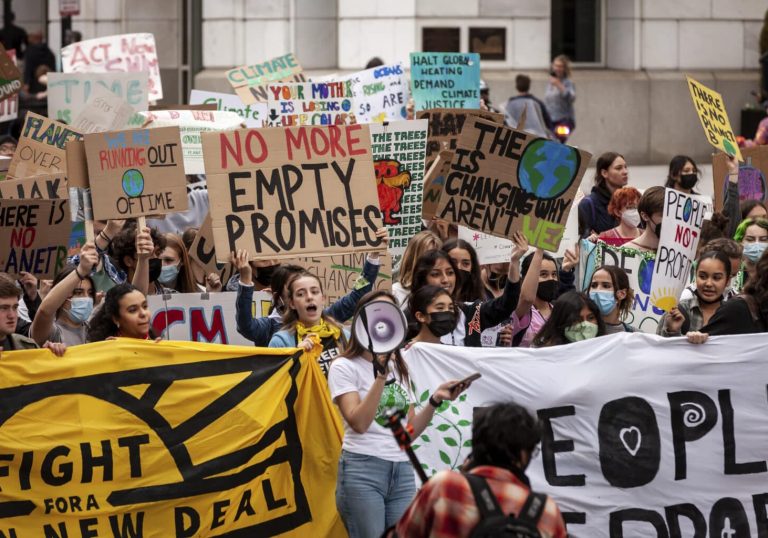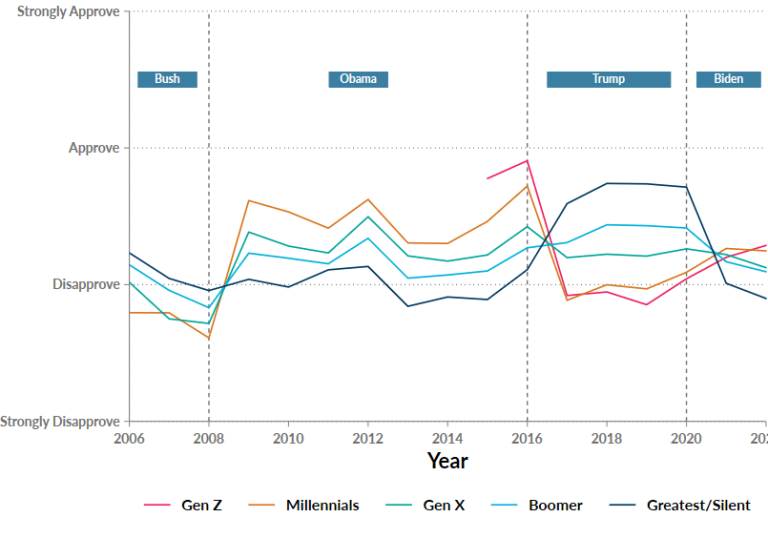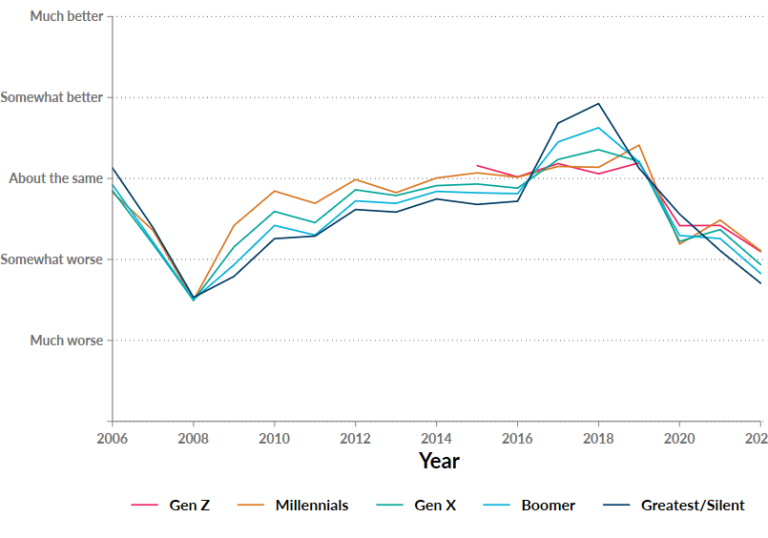Summary
The strength of individuals’ group identities shapes their political participation, yet even as age inequities become more salient in American politics, we know little about age as a group identity. Applying arguments and measures from the social identity literature, we explore the relationship between age identity and political participation. We first measure how strongly citizens identify with others in their age group using data from a survey of a nationallyrepresentative sample of adults. We find that young adults tend to have weaker age identity than senior citizens, but also that their average age identity is as strong as their political party identity. Second, we explore whether age identity is associated with two forms of political participation: voting and participating in protests related to climate change. We find that age identity is a strong predictor of both forms of political participation, especially for young adults.
